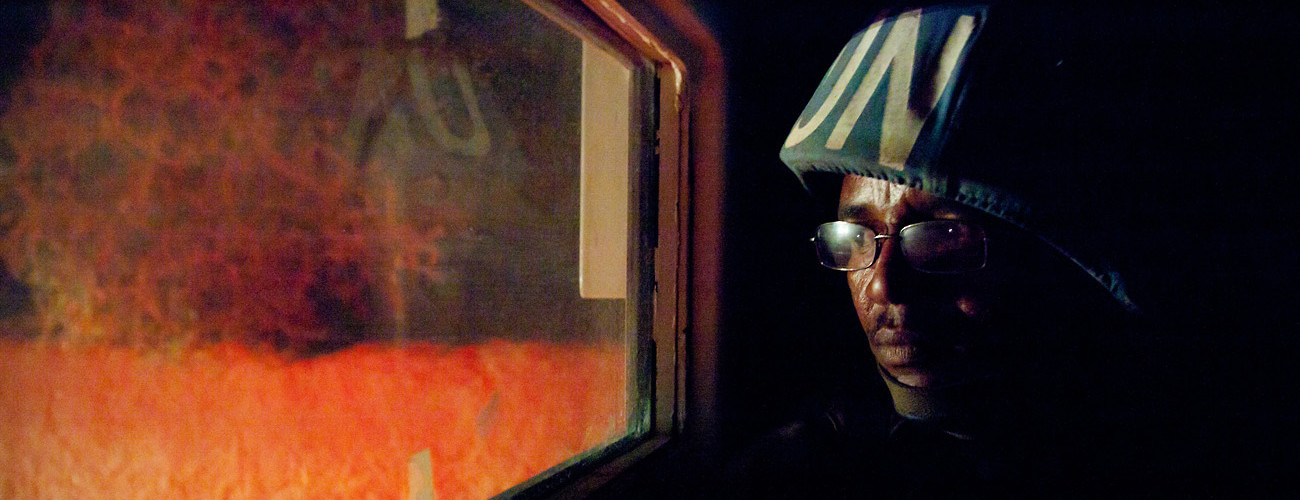What are the causes of genocide and mass atrocities? How can we prevent these atrocities or, when that is no longer possible, intervene to stop them? The authors of Responding to Genocide explore these questions, examining the many challenges involved in forging effective international policies to combat genocidal violence.
This book analyzes the debates over the definition of genocide, and presents new research on the social, economic, and political causes of mass violence, comparing and contrasting the causes of civil war and genocide.
The book’s contributors survey the actors, strategies, and policies that are available to prevent atrocities or to stop them once they have begun. They discuss national, regional, international, and transnational actors and institutions. They examine the specific tools available, including risk assessment models, early warning systems, mediation and preventive diplomacy, civil society pressure, and military intervention. The contributors also address the recurring impediments to timely and robust action, including notions of absolute state sovereignty and the absence of political will, which remains the critical ingredient of any effective international response to mass atrocities.
The book concludes with a helpful guide on how to support the development of the political will to respond to genocide in the face of so many obstacles to effective action.
The book is a project of the International Peace Institute and published by Lynne Rienner.
Table of Contents:
Foreword by Terje Rød-Larsen
Responding to Genocide by Adam Lupel and Ernesto Verdeja
Genocide: Debating Definitions by Ernesto Verdeja
The Causes of Civil War and Genocide: A Comparison by Frances Stewart
Detection: The History and Politics of Early Warning by Barbara Harff
Mediation and Diplomacy in Preventing Genocide by I.William Zartman
The Role of Transnational Civil Society by Iavor Rangelov
The Role of Regional Organizations by Timothy Murithi
The Role of the UN Security Council by Colin Keating
Politics, the UN, and the Halting of Mass Atrocities be Thomas G. Weiss
Developing the Political Will to Respond by Adam Lupel and Ernesto Verdeja
About the Editors:
Adam Lupel is Editor and Senior Fellow at the International Peace Institute. He is author of Globalization and Popular Sovereignty: Democracy’s Transnational Dilemma and co-editor of Peace Operations and Organized Crime: Enemies or Allies?
Ernesto Verdeja is Assistant Professor of Political Science and Peace Studies at the University of Notre Dame. His recent publications include Unchopping a Tree: Reconciliation in the Aftermath of Political Violence.








